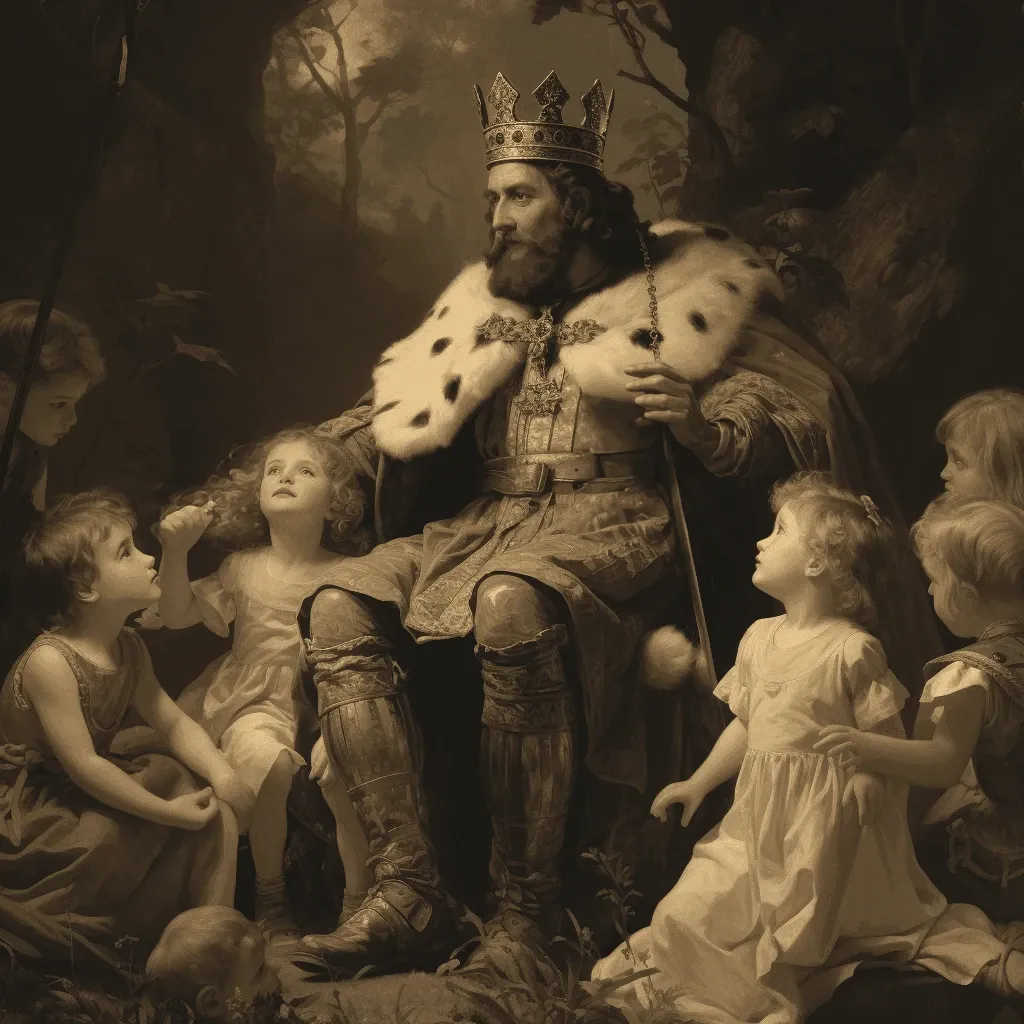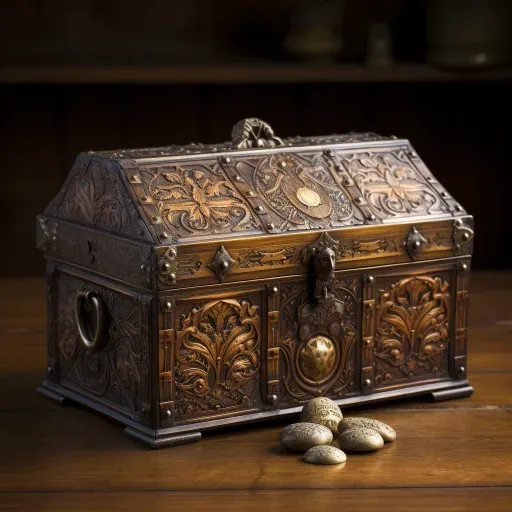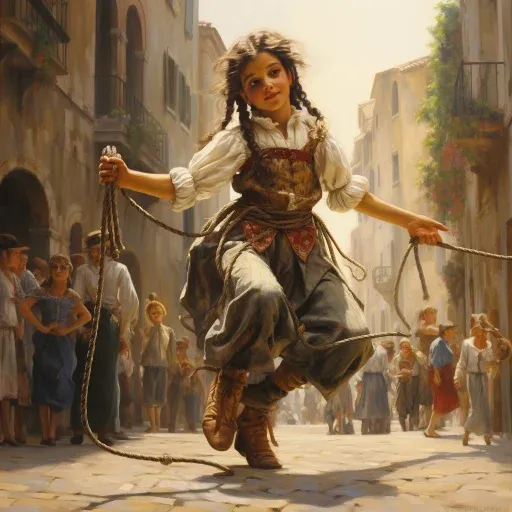
Heading

King Frederick: The story features King Frederick William of Prussia, who liked to walk among his people.
Moral: The story emphasizes humility and the innocence of children, suggesting that true nobility lies in moral and spiritual values rather than earthly power.
A good book we like, we explorers. That is our best amusement, and our best time killer
- Roald Amundsen, Explorer
Venturing in King Frederick William's Majestic Kingdoms
Step back in time with me as we traverse the captivating kingdoms presided over by King Frederick William of Prussia. This intriguing tale, steeped in historical splendor, uncovers the king's unexpected encounters and profound questions during a solitary walk in the emerald woods. His journey and interactions, particularly with the innocent children, offer a compelling exploration of different 'kingdoms' that we all inhabit. As we delve into this narrative, prepare to uncover profound insights about the world around us and maybe, just maybe, learn a little more about yourself.
The Serene Solitude of the Prussian King
King Frederick William of Prussia, known for his royal stature and administrative abilities, sought solace from the hustle and bustle of the city in the tranquility of the green woods. This choice of peaceful solitude was not an escape, but a conscious decision to connect with his sensitive side, a side that appreciated silence and found comfort in the harmony of nature. His solitary walks were not merely a routine, but a mindful meditation that rejuvenated his spirit and provided him with a fresh perspective.
The Vibrant Beauty of Nature’s Kingdom
As the king strolled through the woods, his heart was enchanted by the melodious tunes of the birds and the vibrant palette of wild flowers that adorned the path. His royal hands stooped to pluck violets, primroses, and yellow buttercups, a gesture that revealed his admiration for the humble beauty of nature. He indulged in the sight of these blossoms, which served as a stark contrast to the grandeur of his palace, yet held an equal, if not more, appeal to his aesthetic senses.
Podcast
A Chance Encounter: The King and The Children
The king's tranquil walk led him to a little meadow, a playground for innocent souls. The sight of children playing, their laughter echoing in the woods, brought a genuine smile on the king's face. The king, the children, and the meadow created a beautiful tableau of joy and innocence. Unknown to the children, they had a royal spectator who was charmed by their innocence and unfiltered joy. It was a chance encounter, but one that left a profound impact on the king. This harmonious meeting of two contrasting worlds was a testament to the universal appeal of simplicity and happiness.
The Kingdoms of the Orange and Gold Piece
The king, having gathered the children's attention, proposed a curious query. He presented an orange, a vibrant symbol of nature's bounty, and sought to test their knowledge. The children were initially bemused, exchanging glances of confusion. Yet, there was one among them, a boy radiating confidence, who took the leap to answer. He identified the orange as part of the vegetable kingdom, a product of nature’s botanical wonders. His reasoning? Simple yet undeniably accurate: the orange, being a fruit, belonged to the kingdom of all plants.
Following this, the king brought forth a gold piece, its lustrous surface catching the sunlight. He questioned its kingdom, a task that seemed to come easier to the children now. A quick-witted boy didn't miss a beat to identify the gold as part of the mineral kingdom, owing to its metal nature. With this, the king bestowed upon each boy their respective prizes: the orange and the gold piece. The air was filled with delight, the children eagerly anticipating the king's next puzzle.

A Thoughtful Question: The King's Ultimate Kingdom
The king, sensing the children's enthusiasm, decided to pose one final question. He questioned them about his own kingdom, a query that seemed to stump the bright young minds. Various potential answers filled their minds, from the obvious ‘Kingdom of Prussia’ to the more scientific ‘animal kingdom’. Yet, they hesitated to voice these thoughts, unsure of their appropriateness.
The silence was broken by the innocent voice of a small, blue-eyed girl. Her answer was different from the rest. It wasn’t scientific or political, but filled with a purity that reflected her innocent heart. She believed the king to belong to the 'kingdom of heaven', a sentiment that struck a chord with the king.
A Child’s Wisdom: The Kingdom of Heaven in the Eyes of the King
There was a profound silence following the little girl's answer. With her innocent conviction, she had presented a kingdom that was beyond the materialistic classifications of the world. The 'kingdom of heaven', a realm of virtues, love, and divine grace, was her answer. The king, deeply moved by her words, scooped her into his arms.
Overwhelmed by her innocent wisdom, he tearfully affirmed her words, expressing his wish for it to be true. The purity of the child's belief in the goodness of the king, her vision of him belonging to the highest, most benevolent kingdom, touched the king. It was a powerful moment, a testament to the innocence and wisdom of children, and the impact of their words on even the mightiest.
Conclusion
In this journey, we've traversed the kingdoms of nature, wealth, and spirituality, as experienced by King Frederick William. His encounters in the verdant Prussian woods, particularly with the innocent children, serve as a profound exploration of the 'kingdoms' we all reside in. The king's questions and the children's wisdom remind us of life's simple truths and the timeless virtues of simplicity and innocence. In the end, the most profound kingdom is not of this earth, but of the heavens, a destination we should all aspire to. A timeless tale indeed, with lessons for us all.





